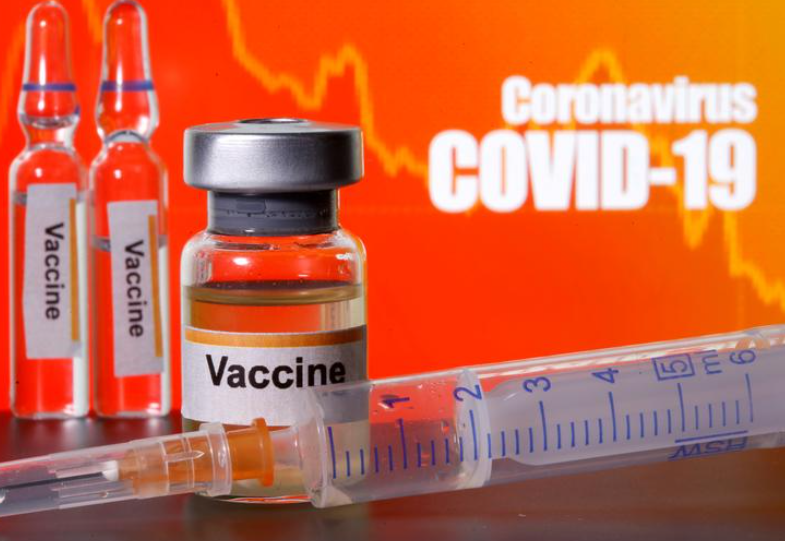Scientists urge UK govt to speed up virus vaccinations


Shortage of health workers and lack of trust in jabs compromise effectiveness
The United Kingdom must vaccinate 2 million people a week if the country of 67 million is to avoid a third wave of novel coronavirus infections, according to a group of scientists.
The experts, from the London School of Hygiene and Tropical Medicine, say in a paper submitted to the British government's scientific advisory group that the 200,000 doses a week given during December will not be good enough.
They said the new variant of the novel coronavirus identified in the UK during December has increased the rate of transmission by 56 percent and that more hospitalizations and deaths will follow if the speed of vaccinations is not greatly improved.
The experts said lockdowns alone will not be adequate in keeping a lid on the spread of the virus and the COVID-19 disease it causes, which they said will be "peaking in spring 2021 for London, Southeast, and East of England, and in summer 2021 for the rest of England".
The Financial Times noted that the scientists also called for schools to remain closed during January, something that is at odds with the government's aim of reopening them on Jan 4, after the Christmas vacation.
The BBC said the fast-spreading new strain has put National Health Service workers under massive pressure once more.
Simon Stevens, NHS England's chief executive, said during a message to NHS workers that they had coped "brilliantly" with an additional 200,000 severely ill people during 2020 who have needed treatment because of COVID-19.
"Many of us have lost family, friends, colleagues and — at a time of year when we would normally be celebrating — a lot of people are understandably feeling anxious, frustrated, and tired," he said. "And now, again, we are back in the eye of the storm with a second wave of coronavirus sweeping Europe and, indeed, this country."
Saffron Cordery, the deputy chief executive of NHS Providers, added that the many hospital workers off sick or at home self-isolating have added to the pressure on those at work.
"In some places, they are seeing more than double normal levels of staff absence and they don't have the temporary staff in sufficient numbers to compensate for it," the Guardian newspaper quoted her as saying.
Stevens acknowledged the importance of quickly vaccinating as many people as possible, and predicted all of those deemed "vulnerable" will have been offered an injection by late spring.
"That, perhaps, provides the biggest chink of hope for the year ahead," he said.
But, despite the hope that vaccinations will eventually offer a way out of the crisis, hospitals are currently treating more people than they were during the peak of the first wave, back in April. On Monday, 20,426 people were in hospital with COVID-19 in England in comparison to 18,946 on April 12, the darkest day of the first wave.
A vaccine developed by Pfizer and BioNTech has been approved for use in the UK and is currently being given to people who are older than 80 and to health workers. Another vaccine, developed by Oxford University and AstraZeneca, is likely to be approved in the coming days.
With vaccinations finally available and a growing sense of urgency surrounding their roll-out, it remains to be seen whether people will accept them in large enough numbers to make them effective in developing herd immunity and ending the crisis.
The authorities have been concerned that online conspiracy theories and other lobbying efforts by so-called anti-vaxxers might compromise the effectiveness of the vaccination program.
A poll in November by market research group YouGov had showed that only 67 percent of Britons were very likely, or fairly likely, to accept a Pfizer/BioNTech vaccination, if offered one.
But doctors are reporting high uptake among people offered a vaccination.
Martin Marshall, chairman of the Royal College of GPs, told the Guardian newspaper: "We've had reports from our members that, despite inevitable teething problems to be expected when delivering a completely new and complicated vaccine at scale and speed, the program seems to be running well overall with very positive take-up rates, so far."
Fari Ahmad, a general practitioner, said on the BBC's Breakfast program that elderly people have been eager to accept a vaccination.
"I think they do understand how much of a difference it will make to them individually and they're probably the ones that have been shielding, and it's had a massive impact on them," she said.
































